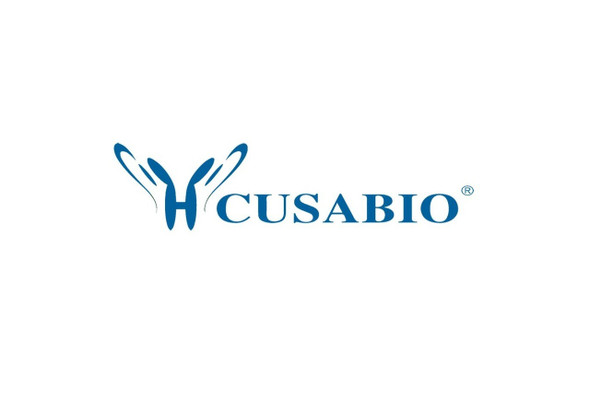Cusabio Polyclonal Antibodies
DLX4 Antibody | CSB-PA559863
- SKU:
- CSB-PA559863
- Availability:
- 3 to 7 Working Days
Description
DLX4 Antibody | CSB-PA559863 | Cusabio
DLX4 Antibody is Available at Gentaur Genprice with the fastest delivery.
Online Order Payment is possible or send quotation to info@gentaur.com.
Product Type: Polyclonal Antibody
Target Names: DLX4
Aliases: distal-less homeobox 4
Background: Many vertebrate homeo box-containing genes have been identified on the basis of their sequence similarity with Drosophila developmental genes. Members of the Dlx gene family contain a homeobox that is related to that of Distal-less (Dll), a gene expressed in the head and limbs of the developing fruit fly. The Distal-less (Dlx) family of genes comprises at least 6 different members, DLX1-DLX6. The DLX proteins are postulated to play a role in forebrain and craniofacial development. Three transcript variants have been described for this gene, however, the full length nature of one variant has not been described. Studies of the two splice variants revealed that one encoded isoform functions as a repressor of the beta-globin gene while the other isoform lacks that function.
Isotype: IgG
Conjugate: Non-conjugated
Clonality: Polyclonal
Uniport ID: Q92988
Host Species: Rabbit
Species Reactivity: Human, Mouse
Immunogen: Fusion protein of human DLX4
Immunogen Species: Human
Applications: ELISA, WB
Tested Applications: ELISA, WB;ELISA:1:2000-1:10000, WB:1:1000-1:5000
Purification Method: Antigen affinity purification
Dilution Ratio1: ELISA:1:2000-1:10000
Dilution Ratio2: WB:1:1000-1:5000
Dilution Ratio3:
Dilution Ratio4:
Dilution Ratio5:
Dilution Ratio6:
Buffer: -20°C, pH7.4 PBS, 0.05% NaN3, 40% Glycerol
Form: Liquid
Storage: Upon receipt, store at -20°C or -80°C. Avoid repeated freeze.
Initial Research Areas: Epigenetics and Nuclear Signaling
Research Areas: Epigenetics & Nuclear Signaling









